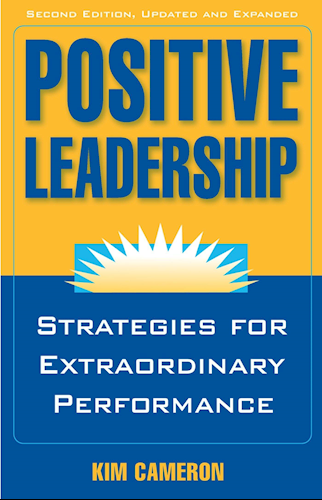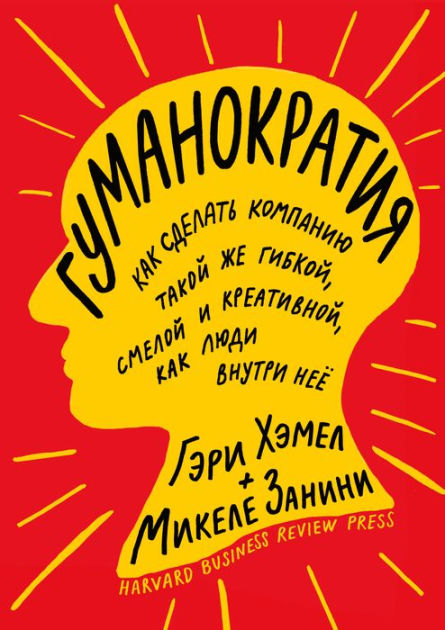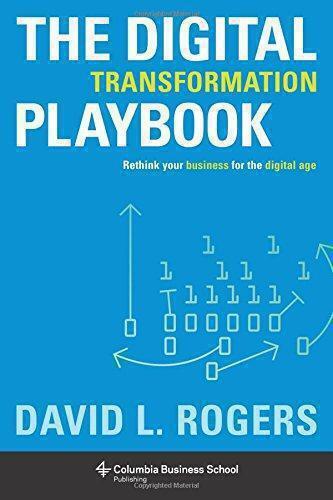The Idea in Brief
In 1995, John Kotter published research that revealed only 30 percent of change programs are successful. Fast forward to 2008. A recent McKinsey & Company survey of business executives indicates that the percent of change programs that are a success today is… still 30%. The field of ‘change management’, it would seem, hasn’t changed a thing.
Digging deeper into why change programs fail reveals that the vast majority stumble on precisely the thing they are trying to transform: employee attitudes and management behavior. Conventional change management prescribes addressing these behavioral and attitudinal changes by putting in place four basic conditions:
- a compelling story,
- role modeling,
- reinforcement systems, and
- the skills required for change
These prescriptions are well grounded in psychological research and make good common sense – which, we believe, is precisely where things fall apart. The inconvenient truth of human nature is that people are irrational in a number
of predictable ways. The prescription is right, but rational managers who attempt to put the four conditions in place by applying their “common sense” intuition typically misdirect time and energy, create messages that miss the mark, and
experience frustrating unintended consequences.
In the same way that the field of economics has been transformed by an understanding of uniquely human social, cognitive and emotional biases, so too the practice of change management is in need of a transformation through an improved understanding of the irrational (and often unconscious) nature of how humans interpret their environment and choose to act.

In the same way that the field of economics has been transformed by an understanding of uniquely human social, cognitive and emotional biases, so too the practice of change management is in need of a transformation through an improved understanding of the irrational (and often unconscious) nature of how humans interpret their environment and choose to act.
The Idea in Practice
a) Creating a compelling story
#1: What motivates you doesn’t motivate (most of) your employees. Research confirms that there are at least five sources of meaning for humans at work: impact on society, the customer, the company/shareholder, the working team, and “me” personally. What’s more, workforces are evenly split as to which of these is a primary motivator. “Telling five stories at once” is the key to unleashing maximum energy for change.
#2: You’re better off letting them write their own story. Research indicates that when employees choose for themselves (versus “being told”), they are more committed to the outcome by a factor of almost five to one. Time communicating the message should be dramatically rebalanced towards listening versus telling.
#3: It takes both “+” and “–” to create real energy. Deficit-based approaches (“solve the problem”) to change can create unproductive fatigue and resistance. Constructionist-based approaches (“capture the opportunity”) generate more excitement and enthusiasm, but lead to risk-averse solutions. By moving beyond this dichotomy and pursuing both approaches simultaneously, managers can neutralize these downsides and maximize impact in mobilizing the organization.
b) Role modeling
#4: Your leaders believe they already “are the change.” Most executives have the will and skill to role model, but don’t actually know “what” they should change due to their self-serving biases (if they didn’t think what they were doing was right, they wouldn’t be doing it). Smart use of concrete 360-degree behavioral feedback can break through this barrier.
#5: Influence leaders aren’t that influential. It is not enough to invest in a few rather than in many as a way of catalyzing desired changes, no matter how appealing the idea is. New research shows social “contagions” depend less on the persuasiveness of “early adopters” and more on how receptive the “society” is to the idea. While influence leaders are important, we warn against overinvesting in them – your effort is better spent elsewhere.
c) Reinforcing mechanisms
#6: Money is the most expensive way to motivate people. A change program’s objectives should be linked to employee compensation to avoid sending mixed messages. Little upside is gained, however, due to a number of practical considerations. There is a better, and less costly, way. Small, unexpected rewards have disproportionate effects on employees’ motivation during change programs.
#7: A fair process is as important as a fair outcome. Employees will go against their own self-interest if the situation violates other notions they have about fairness and justice. Careful attention should be paid to achieve a fair process and fair outcomes in making changes to company structures, processes, systems and incentives.
d) Capability building
#8: Employees are what they think. Behaviors drive performance. Mindsets (the thoughts, feelings and beliefs held by employees) drive behaviors. Capability building should focus on technical skills as well as shifting underlying mindsets that enable the technical skills to be used to their fullest.
#9: Good intentions aren’t enough. Even with good intentions, it is unlikely employees will apply new skills and mindsets unless the barriers to practice are lowered. The odds can be improved by using “field and forum” approaches linked to trainees’ day-to-day accountabilities reinforced by quantifiable, outcome-based hurdles along the way.
Show me the money!
Where we have tested these inconvenient truths in practice versus more rational, conventional approaches to influencing behavior we have found they achieve significant positive results. For example, in 18-month longitudinal studies using control and experimental group methodologies we achieved a 19 percent lift in profit per banker versus 8 percent and a 65 percent reduction in call center customer churn versus 35 percent with conventional approaches alone.



